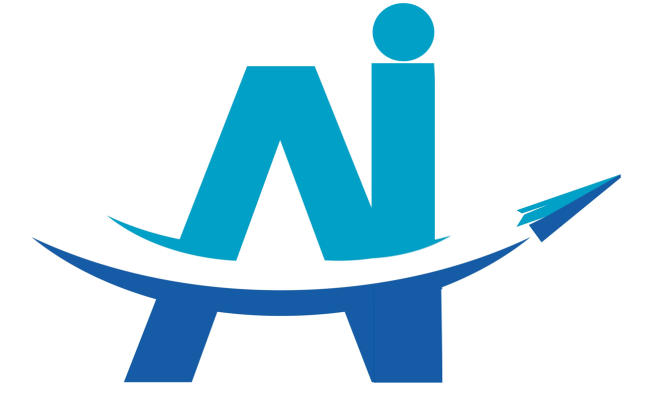- ONERA
- Research - Aeronautics Space Defense
- Scientific Strategy
Research at ONERA
New in our labs
 ONERA & DLR together for AI in aerospace. ONERA and the German DLR have just created a joint virtual research center for artificial intelligence in aerospace engineering. Four major thematic challenges will give rise to research projects implemented in particular through a joint program of doctoral theses and post-doctoral contracts. April 2020.
ONERA & DLR together for AI in aerospace. ONERA and the German DLR have just created a joint virtual research center for artificial intelligence in aerospace engineering. Four major thematic challenges will give rise to research projects implemented in particular through a joint program of doctoral theses and post-doctoral contracts. April 2020.
ONERA's Scientific Policy
ONERA is tasked:
- with developing and guiding research in the field of aerospace;
- with designing, producing and implementing the resources necessary for conducting this research;
- and with facilitating, in liaison with the services or bodies responsible for scientific and technical research, the dissemination of the results of this research nationally and internationally.
ONERA is also expected to contribute, in its field of competence, to the policy of training on research and through research.
ONERA is an important player in ANR projects. It is often the leader.
The ASTRID and ASTRID Maturation projects, implemented by the ANR, are fully funded by the Defence Innovation Agency (DGA, A) and retain ONERA quite regularly. The aim of the ASTRID scheme is to stimulate new lines of research and to promote scientific and technological breaks with potential applications for defence, civil research and industry (TRL 1 to 4). The ASTRID Maturation programme aims to highlight the work carried out in DGA research support systems (TRL equal to or greater than 5
Research at ONERA is led by the General Scientific Directorate (DSG). DSG is responsible for preparing ONERA’s long-term science policy and ensuring the inclusion of annual and multiannual programmes within the framework of this policy. DSG plays a major role in scientific evaluation and proposes any measures that contribute to the influence of ONERA in national and international scientific bodies.
Five directors of scientific fields work closely with researchers in the scientific departments of ONERA. The five areas are: Materials and Structures (MAS), Fluid Mechanics and Energetics (MFE), Physics (PHY), Information Processing and Systems (TIS), Advanced Numerical Simulation (SNA).
Think-tank, assessment and orientation body, the High Scientific Council (HCS) serves as guarantor of the scientific excellence of ONERA.
Staff:
-
about 1069 scientists in 7 scientific departments and 4 common laboratories
-
Around 300 PhD students and research fellows from 50 graduate schools, including 30 through CIFRE (industrial convention on training through research)
Facilities:
-
Test platforms, investigation and characterization resources and demonstrators that are unique in Europe
-
Specific computational facilities: NEC supercomputer, 667 Tflops peak, 17360 cores, in the top 500$
Scientific and technical challenges structure the ONERA's PSS (Strategic Scientific Plan)
The Scientific Strategic Plan (PSS) was developed on the basis of ONERA’s missions, expectations and needs expressed in various forms by its stakeholders and society at large, but also on the basis of new scientific possibilities and in-depth studies identified by ONERA’s scientists, in particular regarding the breaks necessary to meet these needs.
Expressing the ambition of ONERA, structured by twelve scientific and technical challenges, the document presents the strategic guidance for ONERA's research activity.


The French National Research Agency and ONERA
Each year ONERA responds with academic or industrial partners to calls for tenders from the French National Research Agency (ANR).
The ANR (anr.fr/en) - a public institution under the supervision of the Ministry of Higher Education, Research and Innovation - was created in 2005 to promote French project research, and to stimulate innovation by fostering the emergence of multidisciplinary collaborative projects and encouraging “public-private” collaborations. It also aims to strengthen the positioning of French research at European and global level. ONERA is an important player in ANR projects. It is often the leader.
ONERA is an important player in ANR projects. It is often the leader.
The ASTRID and ASTRID Maturation projects, implemented by the ANR, are fully funded by the Defence Innovation Agency (DGA, French Armament Procurement Agency) and retain ONERA quite regularly. The aim of the ASTRID scheme is to stimulate new lines of research and to promote scientific and technological breaks with potential applications for defence, civil research and industry (TRL 1 to 4). The ASTRID Maturation programme aims to highlight the work carried out in DGA research support systems (TRL equal to or greater than 5).
